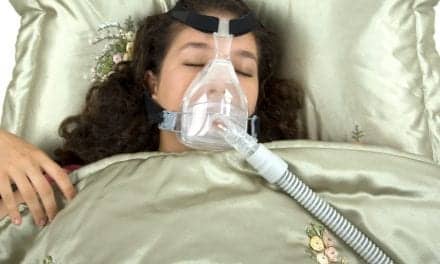By observing the results of sleep studies for 63 patients several weeks pre- and post-surgery at the Mayo Clinic, researchers found certain patient characteristics that can increase the likelihood of a successful outcome following a surgical procedure called uvopalatopharyngoplasty. Akram Khan, MD, assistant professor of pulmonary and critical care medicine at Oregon Health and Science University, and his colleagues found, for instance, that patients who are young and have a body mass index (BMI) in the normal to mildly obese range are more likely to have a successful surgical outcome.
Uvopalatopharyngoplasty is a procedure that involves a tonsillectomy in combination with additional surgery to the palate and uvula.
The research findings suggested that surgical candidates with the greatest likelihood of success would have a moderate apnea-hypopnea index (AHI). The researchers suggest that patients with an AHI range of 30 to 35 episodes per hour would be the best candidates for this surgery.
"We believe that for a certain segment of sleep apnea patients, this research demonstrates that surgery is a viable alternative to CPAP," said Khan. “This is important information for physicians as they discuss possible sleep apnea therapies with their patients."
The research is published in the September issue of the Mayo Clinic Proceedings.
Related articles:
Surgery May Improve CPAP Compliance in Sleep Apnea Patients
Nasal Surgery Helpful for Patients with Obstructive Sleep Apnea



